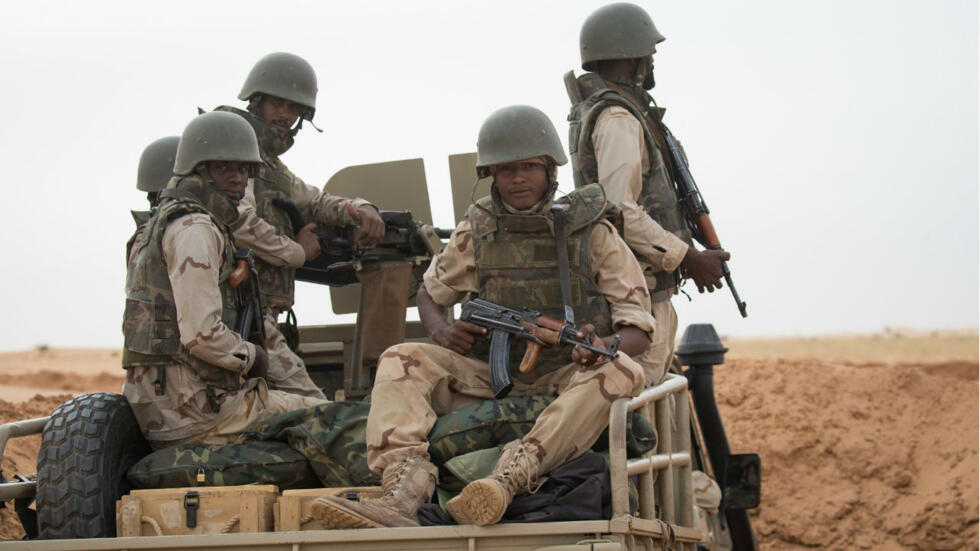
Chad and Mauritania have announced their intentions to dissolve the G5 Sahel alliance after three founding countries withdrew from the anti-jihadist coalition.
Established in 2014 with Mauritania, Chad, Burkina Faso, Mali, and Niger, the alliance received added support in 2017 with a dedicated anti-jihadist force backed by France.
Burkina Faso and Niger joined Mali in withdrawing from the alliance, prompting Chad and Mauritania to acknowledge and honor their decision to exit. Citing Article 20 of the G5 founding convention, allowing dissolution upon the request of at least three member states, Chad and Mauritania initiated steps towards disbandment.
While Burkina Faso and Niger’s withdrawal statement didn’t explicitly call for dissolution, Mali’s prior departure had signaled an inevitable fate for the alliance.
Joint military efforts within the G5 Sahel have proven minimally effective, resulting in few coordinated operations and persistent security deterioration.
The escalating violence has inflicted significant casualties, leading to mass displacement. Additionally, the alliance’s existence has contributed to regional political instability, evidenced by successive military coups in Mali, Burkina Faso, and Niger.
Emphasizing their sovereignty, Mali, Burkina Faso, and Niger have distanced themselves from France and European partners, accusing them of exerting undue influence due to prolonged military presence.
This year, these countries united to form the Alliance of Sahel States, aiming for closer economic ties and mutual defense assistance.
Recently, the foreign ministers of Mali, Niger, and Burkina Faso proposed establishing a confederation to eventually unite the West African nations within a federation.
Burkina Faso and Niger, in their withdrawal effective since November 29, criticized the G5 Sahel for failing to meet objectives, hindering efforts for a secure and developed Sahel due to bureaucratic obstacles.
They stressed that the alliance should not prioritize foreign interests or compromise the sovereignty of their people.
Furthermore, Mali has accused the G5 Sahel of being influenced by an external state, further complicating the effectiveness of the alliance.
